20 Fascinating Facts About Burundi
1. Burundi is a landlocked country in Africa. Landlocked countries are entirely encompassed by land with no access to the sea. There are currently 45 landlocked countries as well as five partially recognized states.
2. Burundi was initially inhabited by the Twa – a Pygmy hunter-gatherer people.
3. Hutu people settle in the region, followed by Tutsi settlers who arrived in the 1400s. During the 1500s a defined Burundian kingdom emerged known as Urundi.
4. Unlike many sub-Saharan African countries, the borders of Burundi were not created by European powers. Instead, they were conceived by the original Burundian monarchy.
5. The Burundi flag is red, which represents the struggle for independence, and green, which represents the hope for future development. There are a white diagonal cross and a central white disk which symbolize peace.
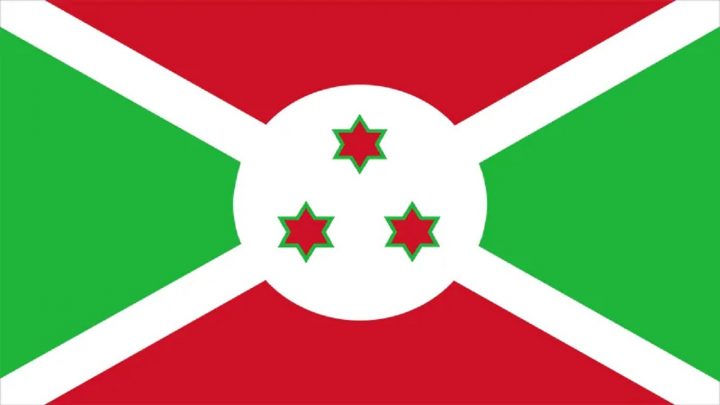
6. The central three stars represent the three main ethnic groups of Burundi – the Tutsi, Hutu, and Twa – as well as the national motto, “Unity, work, progress.”
7. In 1890, the kingdoms of Urundi (Burundi) and neighboring Ruanda (Rwanda) were colonized by Germany and incorporated into German East Africa.
8. Belgium then occupied Burundi until 1962, when the country finally seceded and became the independent Kingdom of Burundi.
9. Since independence, Burundi has been plagued by tension between the usually-dominant Tutsi minority and the Hutu majority.
10. Burundi has seen two mass genocides. In 1972, government troops massacred more than 100,000 Hutus. Then in 1993, the assassination of the president led to an ethnic conflict that claimed more than 300,000 lives.
11. The following 12-year ethnic-based civil war lasted from 1993 until 2005.
12. Lake Tanganyika is the world’s longest freshwater lake, the second-deepest, and the second-largest in volume. It is also the second-largest of the African Great Lakes after Lake Victoria.
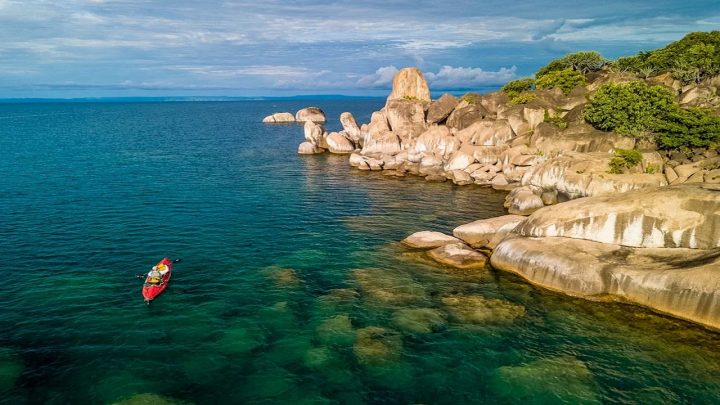
13. Burundi is one of the world’s worst countries for internet access. Just 3% of the population has access to the internet.
14. Burundi officially has two capital cities. In 2019, parliament decided to make Gitega the political capital of the country while Bujumbura would remain its economic capital.
15. Burundi won its first Olympic gold medal in its debut appearance at the 1996 Olympic Games. Vénuste Niyongabo won gold in the men’s 5,000m. Until 1993, Burundi was not even a member of the International Olympic Committee
16. Burundi is home to Gustave, a man-eating crocodile responsible for killing hundreds of people. The crocodile lives in Lake Tanganyika and is thought to be over 60 years old and has attacked hundreds of people between 1987 and 2009. It is unknown if he is still alive.
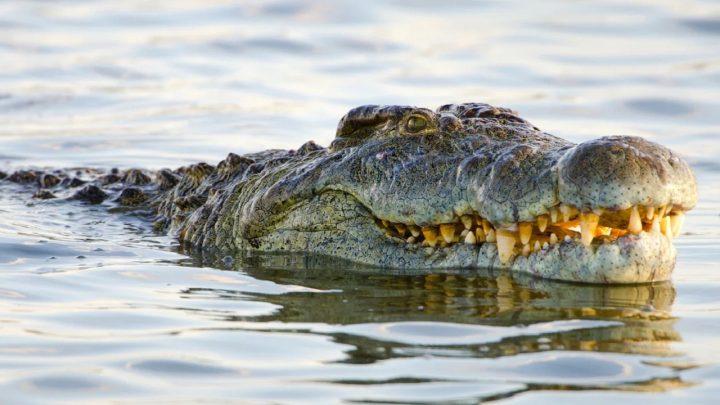
17. Cows are a symbol of happiness, health, and prosperity in Burundi. A common Kirundi greeting is “amashyo,” which translates as “may you have many herds of cattle.” The response is “amashongore” which translates as “may you have many herds of female cattle.”
18. Continued unrest in Burundi has seen the rise of kwashiorkor or severe acute malnutrition (SAM). SAM affects 60,000 children under five years old.
19. In 2014, Burundi, was ranked as the world’s hungriest – or most undernourished – country in the Global Hunger Index for the third year in a row.
20. As such, Burundi is also one of the world’s least obese countries. A 2017 study ranked Burundi as the world’s 10th least obese nation – and Africa’s fourth.
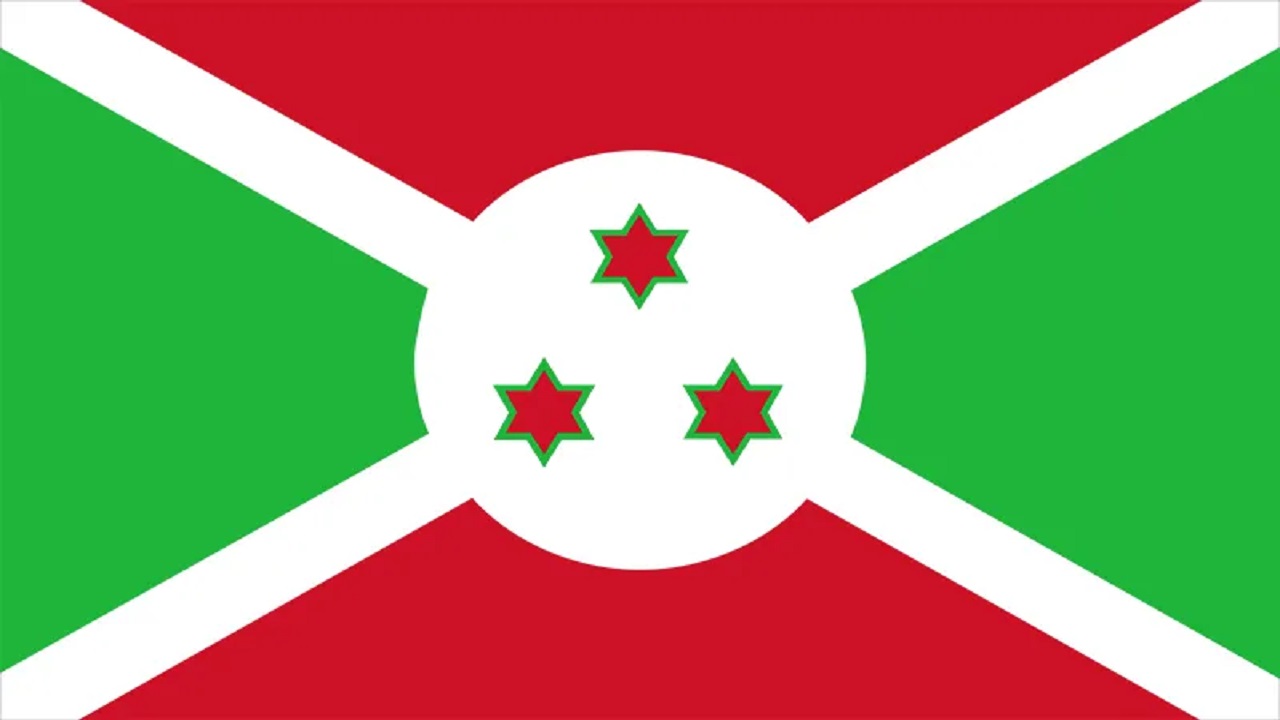
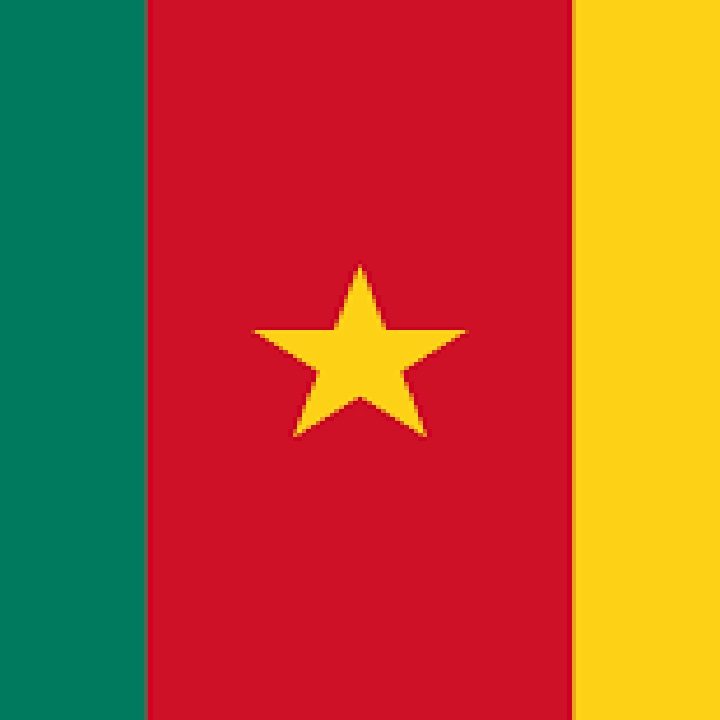
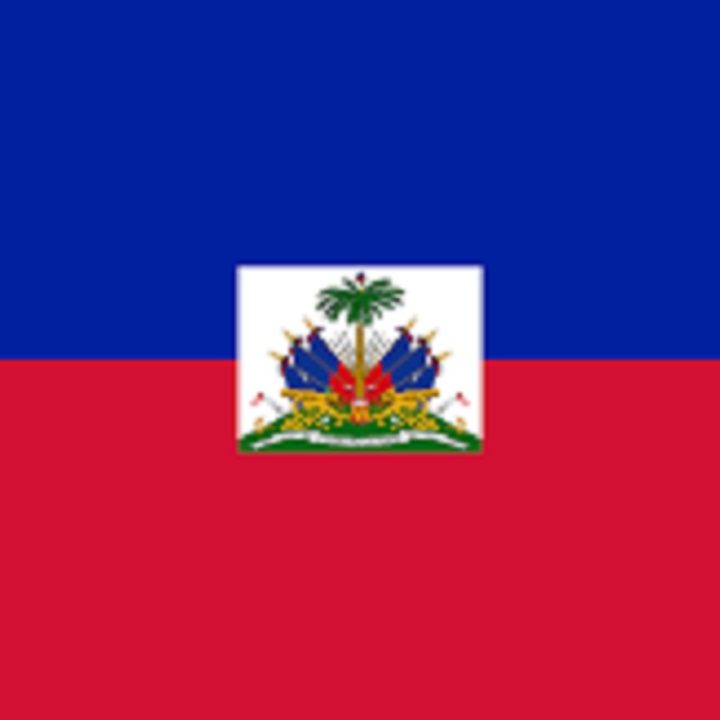
2 thoughts on “20 Fascinating Facts About Burundi”